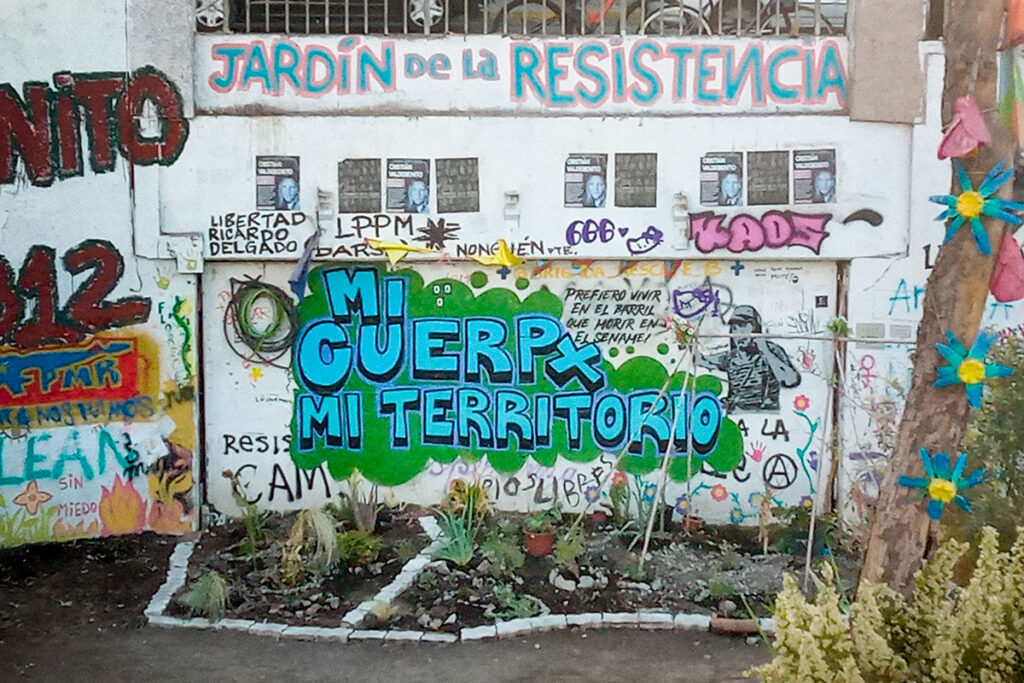Feminism and Environment: The Vital Approach on World Wildlife Day

March 3 marks World Wildlife Day, a date that invites us to reflect on the importance of preserving and protecting our natural environment. The United Nations General Assembly established this date in 2013 with the aim of promoting the conservation and sustainable use of natural resources. In this context, the concept of environmental feminism arises, a current that advocates not only for gender equality, but also for the defense of the ecosystem.
Feminism and Environment: Embracing Equality and Sustainability
Environmental feminism is a movement that seeks to link the struggle for gender equality with environmental protection. There is an acknowledgement that environmental degradation and climate change disproportionately affect women and gender-diverse people with negative impacts. They also recognize the critical role that women play in the conservation and sustainable use of natural resources.
Rural and poor women are the most negatively affected and have been the most active participants in ecological movements. Therefore, ‘women’ cannot be considered as a unitary category.
One of the distinctive features of environmental feminism is its intersectional approach. This means that it recognizes the intersections between gender oppression, race, class and other forms of discrimination. For example, indigenous women and marginalized communities are often the most affected by environmental degradation due to the exploitation of natural resources in their territories.


Socialist ecofeminism considers that the origin of the differences in the relationship that men and women maintain with the environment lies in the functions socially assigned to each gender: social reproduction and care of the family group mean that women are the ones who have more direct contact with natural resources (water, soil, forests, etc.), especially in subsistence economic systems. It is important to emphasize that from this more direct contact derives a different, daily knowledge, based on the concrete and with greater capacity and sensitivity to perceive environmental problems that may affect daily life, health and even the survival of the family group. In this sense, socialist ecofeminists propose the construction of a society based on a new relationship between genders and a different relationship with nature.
Feminist Environmental Actions and Activism
Environmental feminism manifests itself through a variety of actions and forms of activism. This includes the defense of women’s rights in the environmental context, the promotion of equal participation in environmental decision-making, and the adoption of sustainable practices that benefit the most vulnerable communities. At the same time, environmental feminism also questions and criticizes the dominant economic and political model that perpetuates gender inequality and environmental degradation.
On World Wildlife Day, it is critical to recognize the importance of environmental feminism as a vital approach to addressing the environmental and gender challenges we face today. By integrating gender justice and environmental protection, we can work towards a more equitable and sustainable future for all people and the planet.
Sensorial Sunsets
Navigate articles




